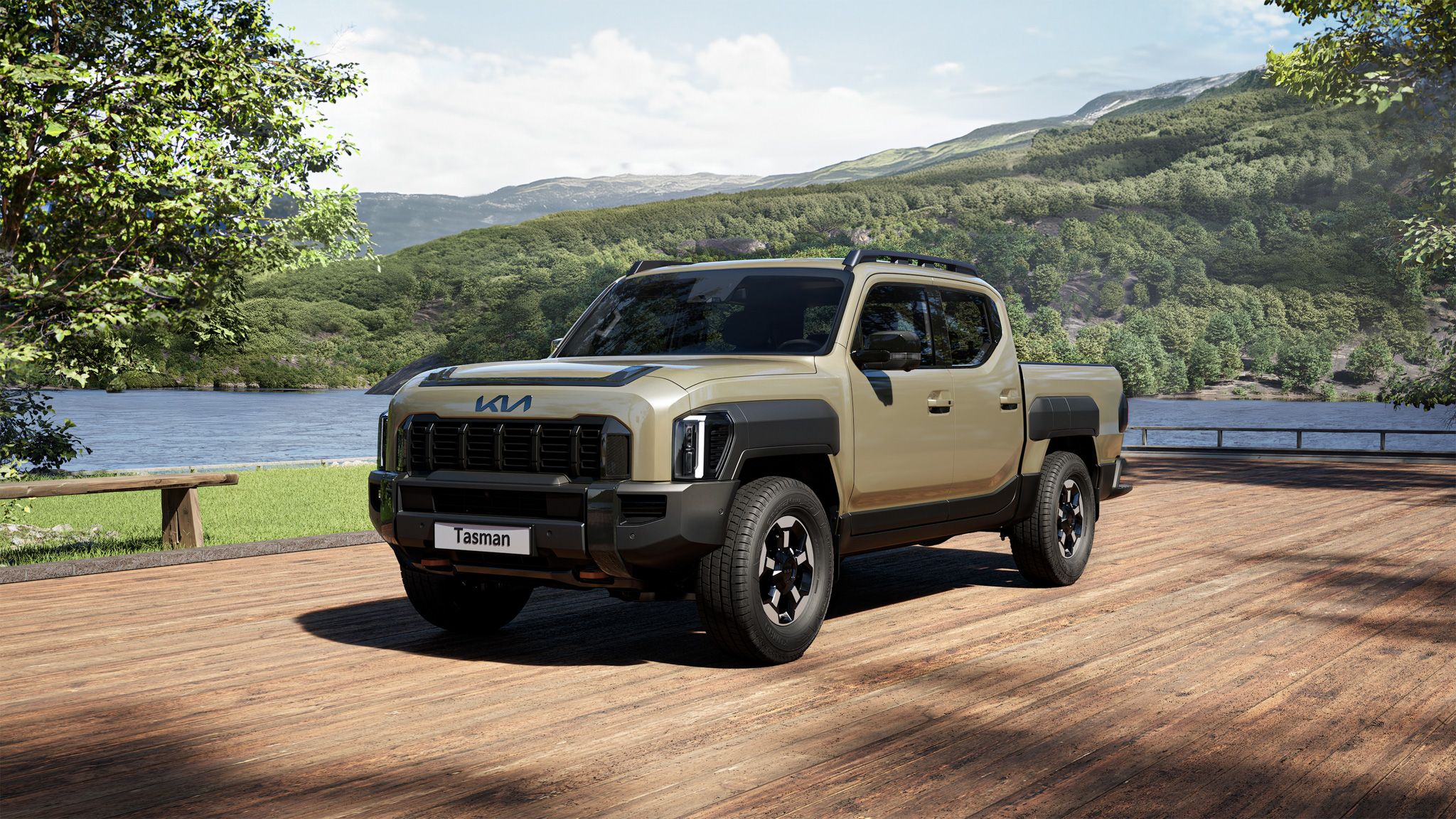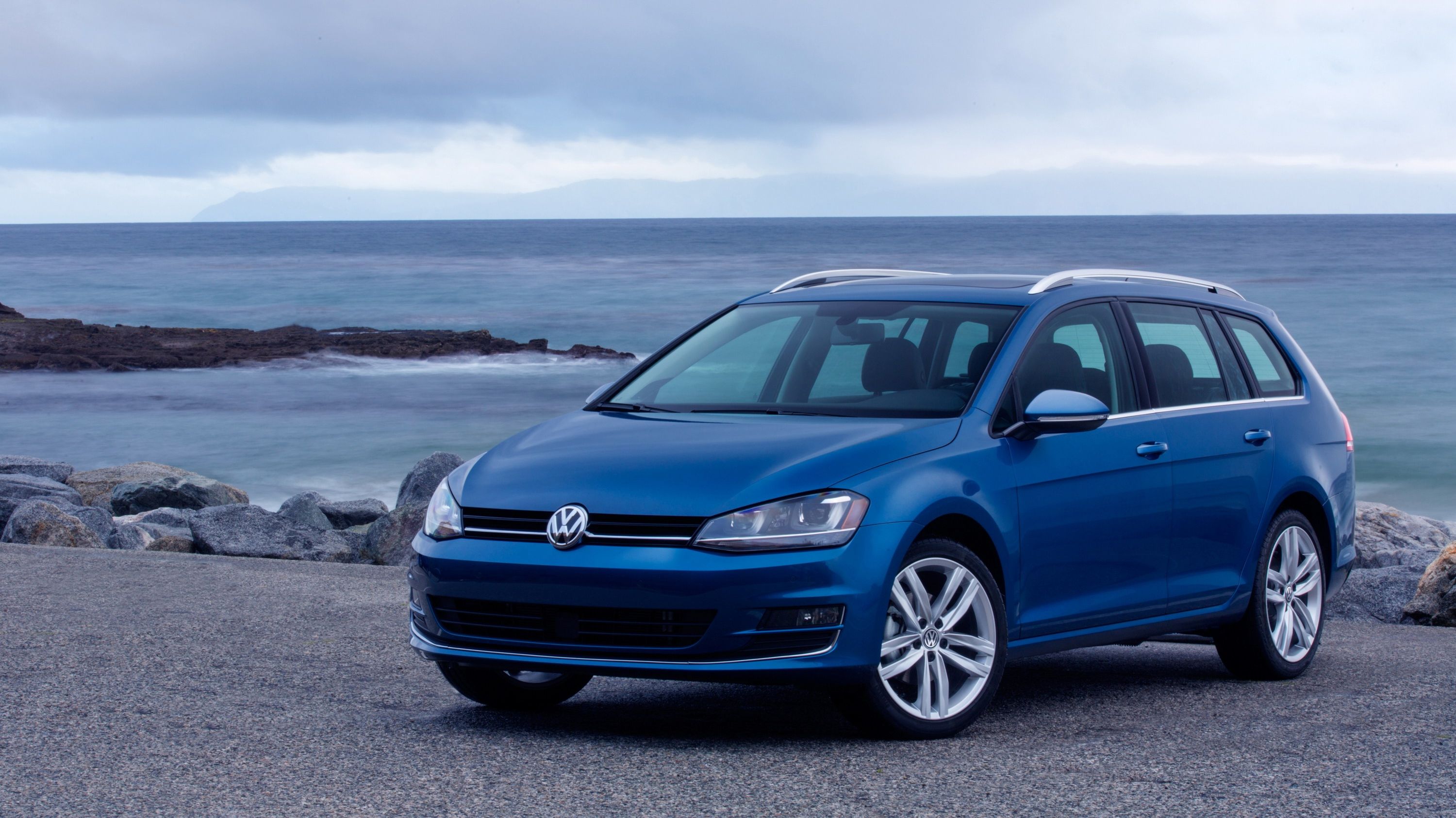For now, the vehicles sold in Canada generally mimic the U.S. due to an alignment between both countries in their safety and environmental regulations. This not only eases trade, but also simplifies things for automakers wanting to sell cars in this part of the world. Canada’s auto market is also much, much smaller than America’s, so it only makes sense for it to tag along with what’s happening south of the border.
Yes, Canada did at different moments in history get models the U.S. never got. Think Acura EL/CSX, Nissan Micra, Mercedes-Benz A-Class and C-Class wagon, or MK4 VW Golf and Jetta City models, just to name a few. But those were mostly gray zones in the regulations and merely a reflection of the differences in car buying trends between both countries. Generally speaking, when a car is confirmed for the U.S., Canada gets it too.
But that could soon all change in the current context of a U.S.-Canada trade war. With auto tariffs hitting Canada’s car manufacturing sector and even maybe more to come from Donald Trump’s erratic trade actions, to say nothing about Canada’s own retaliatory tariffs, Canada’s auto industry is looking for ways to mitigate the damage. One strategy would be to open the floodgates to a wide range of new models from Europe, Japan, and South Korea.

Related
Kia’s New, Polarizing Pickup Is The Latest Forbidden Fruit
The Kia Tasman pickup won’t come to the United States, a company exec confirms.
CADA Wants To Change The Rules
The Canadian Automotive Dealers Association (CADA), which represents 3,300 franchised auto dealers across Canada, told Automotive News that it would be in Canada’s best interest to start aligning itself with the safety standards of the European Union, Japan, and South Korea instead. While Transport Canada and Natural Resources Canada implement their own set of regulatory frameworks around the vehicles sold in the country, each body largely mirrors both the NHTSA and the EPA.
CADA believes that rethinking Ottawa’s policies would allow Canada to sign new trade deals with new automakers, automakers that have wanted to sell cars in Canada for quite some time, but weren’t ready to bend backwards for U.S. regulations. And because Canada is such a small market, it has historically proven to be a great test bed for new automakers or models before being deployed in the U.S. Stories of models being sold in Canada a year prior to hitting U.S. roads are numerous. There are also examples of testing out new selling methods in Canada, like what Genesis did in its early days with its mall and airport pop-up stores.
“This measure would represent an expansion of Canada’s trade horizons, is supported by almost all manufacturers, including American ones, and would not be seen as a retaliation for any U.S. activity. It is something we can do additionally.”
Foreign Car Models That Would Do Well In Canada
When the MK7 VW Golf was discontinued in the U.S. and Canada and VW announced only the GTI and R would stay, I remember Thomas Tetzlaff, head of communications at Volkswagen Canada, telling me that dealers were being flooded with written and verbal requests to do everything in their power to prevent that from happening. There was even a petition, signed by many owners, pleading VW to not discontinue the Golf. That’s because cars like the Volkswagen Golf and its Sportwagen variant are a clear example of the sort of vehicle that was doing better in Canada than it was in the U.S.
- Canadians prefer small, urban cars.
- Cool forbidden fruit models like the Suzuki Jimny could be sold in Canada.
- Automakers could sign new manufacturing deals in Canada.
Generally speaking, Canadians, especially French Canadians living in the province of Quebec, like small cars. Compacts, sport compacts, hatchbacks and wagons, particularly. It has something to do with Quebec’s French culture, heritage, and tradition. As a French Canadian myself, I personally also prefer a small, nimble car to any truck or SUV.
So, by allowing EU or Japanese-regulated cars to enter Canada, the Canadian auto industry could end up with rather cool little machines, things along the lines of the Toyota GR Yaris, or even fun electric vehicles (EVs) like the Renault 5 E-Tech, or the upcoming Volkswagen ID.1. The Golf and Golf Sportwagen could return, and Canada could even get small SUVs like the Suzuki Jimny. Furthermore, allowing the sale of these models would both stimulate Canada’s automotive sector, but could also lead to new manufacturing agreements. I could live in a world where Windsor’s defunct Stellantis plants build Suzuki Jimnys instead.








